
Avoiding Cancer One Day at a Time
Practical Advice for Preventing Cancer
Read or listen offline
Amazon KindleRecommendation
Paranoia would be a perfectly logical response to this cancer-prevention book. You might be tempted to rifle through your medicine cabinet and laundry room shelves, disposing of any product that isn’t vinegar, baking soda or bottled water. You may never use an air freshener again or allow another French fry to pass between your lips. In fact, Dr. Lynne Eldridge and her brother, epidemiologist David Borgeson, warn against becoming fanatical in attempting to reduce carcinogenic threats in your environment. But they aren’t apologetic about presenting a wealth of valuable information that could help prolong your life. The authors admit that links between certain chemicals and cancers are inconclusive, and they judge the medical establishment pretty harshly. Then they present the most current information based on studies and statistics, and leave it to you to accept or reject their recommendations. getAbstract recommends this book in the belief that much of what the authors cover makes sense. Don’t get scared; get busy.
Summary
About the Authors
Lynne Eldridge, M.D., who practiced family medicine for 15 years, now specializes in cancer prevention and nutrition. David Borgeson, MS, MPT, has worked as an epidemiologist and physical therapist.










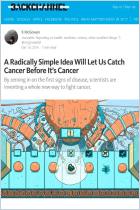
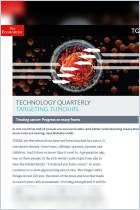
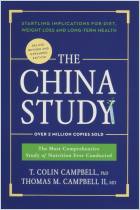
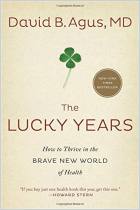
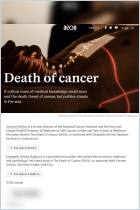
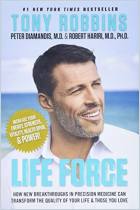


Comment on this summary or Diskussion beginnen